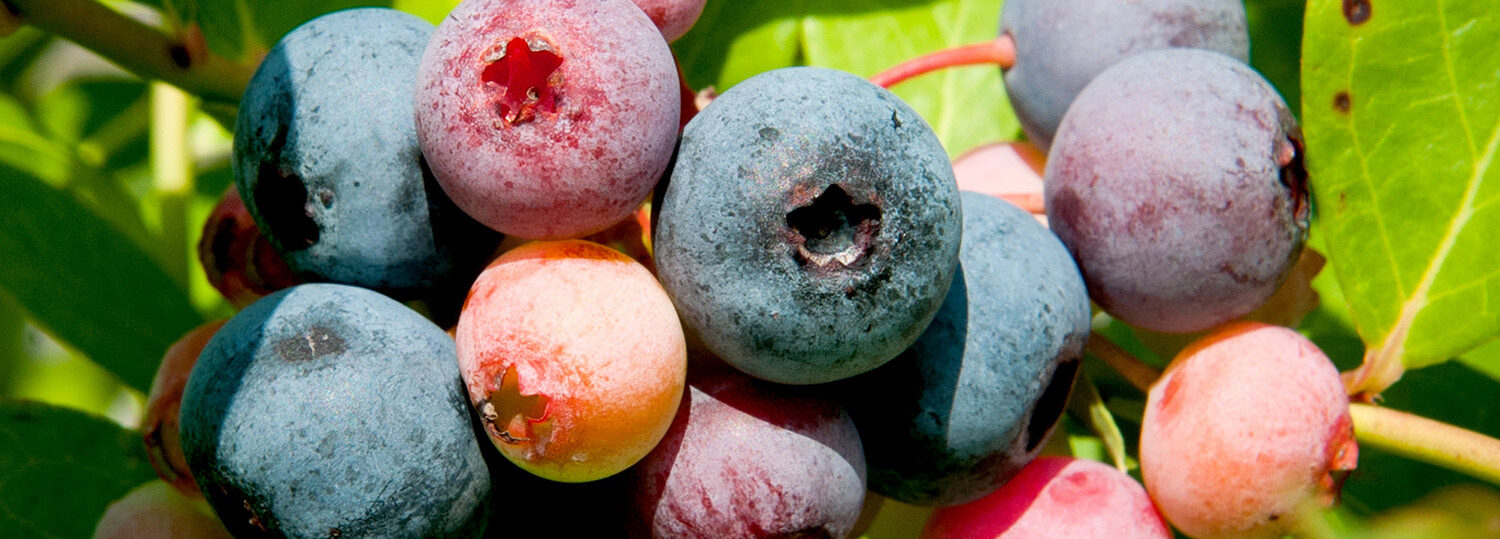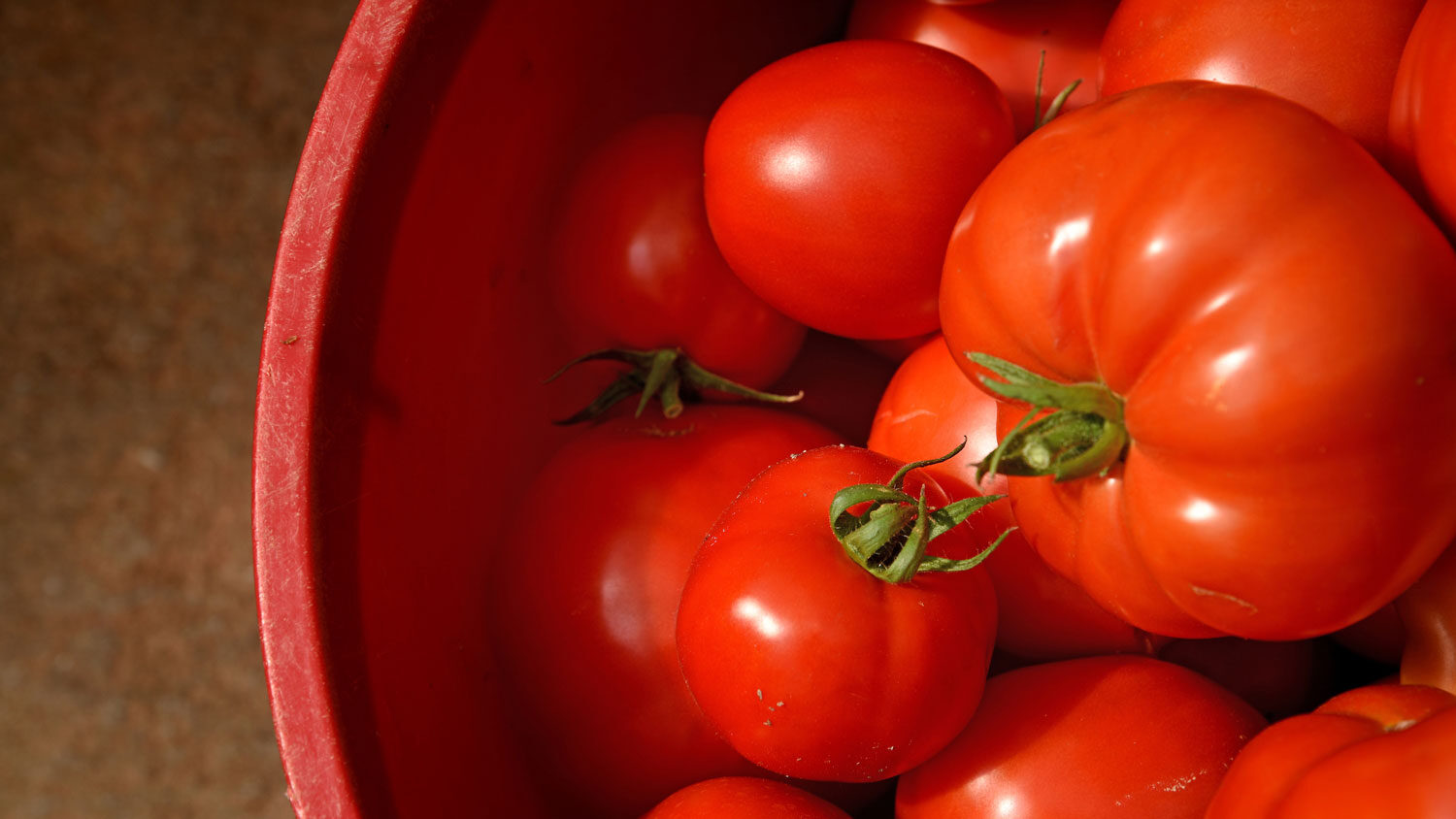
Fall 2023 International Plant Breeding Seminar Series
Scheduled Seminars
October 5, 2023
Laura Mayor (Corteva) Advances in the use of technology in commercial sorghum breeding
October 12, 2023
Emily Bellis (Arkansas State Univ/Avalo) Understanding crop landrace evolution to accelerate breeding for current and future environments
October 19, 2023
Hudson Ashrafi (NC State University) Sustaining the supply of high-quality blueberries by leveraging applied breeding, genetics, and genomics
October 26, 2023
Fekadu Dinssa (World Vegetable Center – Tanzania) Traditional Vegetable R&D at WorldVeg in sub-Saharan Africa (SSA)
November 2, 2023
Lukas Mueller (Boyce Thompson Institute) Breedbase, the digital ecosystem for breeding
November 9, 2023
Hamid Khazaei (Natural Resources Institute Finland (Luke)) Advances in Fava Bean Breeding and Genomics

Fund Our Work
Support our efforts to advance international plant breeding research, education, and outreach.
Funds supporting the International Plant Breeding Enhancement Fund are collected and managed by The North Carolina Agricultural Foundation, Inc., a 501(c)3 non-profit, tax id 56-6049304. You will receive an official receipt for your donation.
Fall 2023 Speakers
Laura Mayor
Laura Mayor is the Global Sorghum Breeding Lead for Corteva Agrisciences. She earned a Ph.D. in Plant Breeding from Iowa State University, an MS in Genetics, and BS in Agronomy from the University of Rosario in Argentina. She joined Pioneer as a Molecular Breeding Scientist in maize in 2008, and in 2011 she transitioned to sorghum to establish and deploy a molecular breeding strategy for this crop. In 2013, she became the sorghum breeder at the Manhattan, Kansas research center. The program focused on developing hybrids for the eastern Kansas area using enabling technologies to accelerate genetic gain. In 2016, her responsibilities were extended to Evaluation Zone lead for eastern Kansas and the US High Plains sorghum markets, including Kansas and the Texas panhandle. In 2020, she began her current role focused on delivering elite sorghum hybrids to growers around the globe. She was named Corteva Laureate in 2021 as one of the company’s singular experts. In addition, she was elected Division Chair for the Crop Breeding and Genetics (C1), Crop Science Society of America. Dr. Mayor is also Chair of the Sorghum Improvement Conference of North America (SICNA) meeting.
Emily Bellis
Emily Bellis earned a B.S. in Genetics and Biochemistry at Texas A&M University in 2010 and a Ph.D. in Integrative Biology in 2017 from Oregon State University. She began working in plant systems as an NSF Postdoctoral Research Fellow at Penn State, where her research focused on spatial coevolutionary genomics of cereal-parasitic plant interactions. In 2019, she returned to her home state of Arkansas and was an Assistant Professor of Bioinformatics in the Department of Computer Science at Arkansas State University until May 2023. At A-State, she also served as Associate Director of the Center for No-Boundary Thinking leading several initiatives in interdisciplinary data science research and education as Director of Student Engagement for AI-Campus and as co-PI of an NSF Research Traineeship Program UandI-DEECoDE. In May 2023, she is beginning a new role as Computational Biology Lead at Avalo where she will continue promoting feedback between machine learning, evolutionary genomics, spatial ecology, and plant and data science, towards more resilient and sustainable food systems.
Hudson Ashrafi
Hudson Ashrafi (video introduction) has a BS in Agronomy and Plant Breeding and an MS in Plant Breeding. He received his Ph.D. from Penn State University in 2007 in Plant Breeding and Genetics. He moved to UC Davis as a postdoc scholar in 2008, and a few years later, he worked at UC Davis as a senior scientist in bioinformatics. Ashrafi joined the Department of Horticultural Science at NC State University as an assistant professor in April 2015. NC State has an excellent reputation for being one of the leading institutes in the US in plant breeding. Thus, NC State has given him a perfect opportunity to realize his dreams. There is a wealth of blueberry germplasm at NC State, and the blueberry program at NC State dates back to the 1950s. At the blueberry genomics lab at NC State, Ashrafi incorporates genomics and bioinformatics tools into the traditional blueberry and muscadine breeding programs. His lab uses genome and transcriptome sequencing to study genes involved in different biological processes, including flowering, fruit ripening, and biotic and abiotic stresses. He is teaching an undergraduate course in small fruit production and a graduate-level course in breeding with genomics.
Fekadu Dinssa
Fekadu Fufa Dinssa is a Vegetable Breeder based at AVRDC Eastern and Southern Africa in Tanzania. He has national, regional and international expertise in the improvement and conservation of vegetable and cereal crops for various agroecologies and farming systems in sub-Saharan Africa and the Middle East.
Prior to joining the Center, Fekadu worked at the International Center for Agricultural Research in the Dry Areas (ICARDA), Ethiopian Institute of Agricultural Research (EIAR) and Institute of Biodiversity Conservation (IBC) – Ethiopia, and coordinated a regional project covering Ethiopia, Kenya, Tanzania and Uganda.
Fekadu has been involved in the development of germplasm for various crops that have been used in national programs for direct release and/or use in breeding programs, and he has helped Ethiopian NARS release several crop varieties. He has a strong background in Participatory Plant Breeding (PPB), the improvement and conservation of vegetable and cereal landraces.
Lukas Mueller
Lukas Mueller is a Professor at the Boyce Thompson Institute. The Mueller lab designs and implements databases that assist scientists in their research and plant breeders in more efficient crop improvement. Their databases and software make transcriptomic, genotypic and phenotypic data from thousands of experiments accessible to the public, often focusing on under-researched staple crops from food-insecure regions. A method called Genomic Selection that uses high-throughput genotyping technologies, such as genotyping-by-sequencing (GBS), and large phenotyping data sets allows for rapid prediction of desirable traits in new plant crosses.
Hamid Khazaei
Hamid Khazaei, with Natural Resources Institute Finland (Luke), has served as a scientist, educator, and plant breeder in Asia, Europe, Africa, and North America. He is passionate about legumes, breeding, and genomics as tools to improve global protein security. Fava bean is his pet plant. Hamid has authored and co-authored many recent key publications on fava bean genetics and genomics.